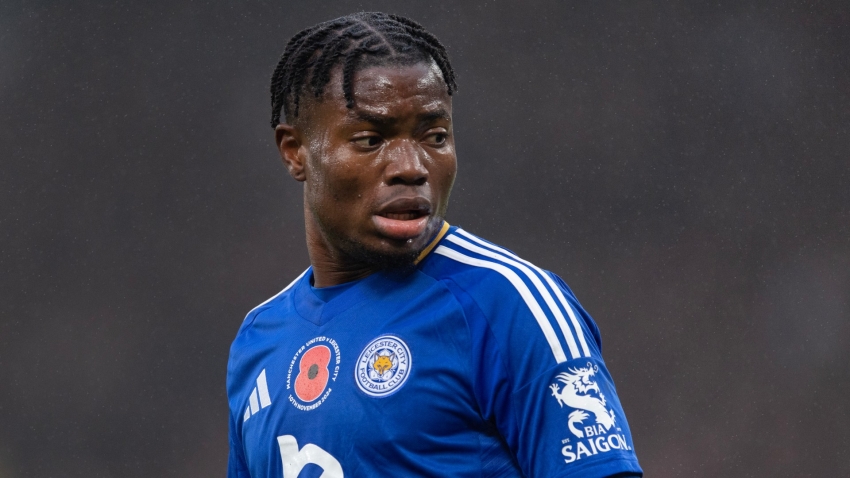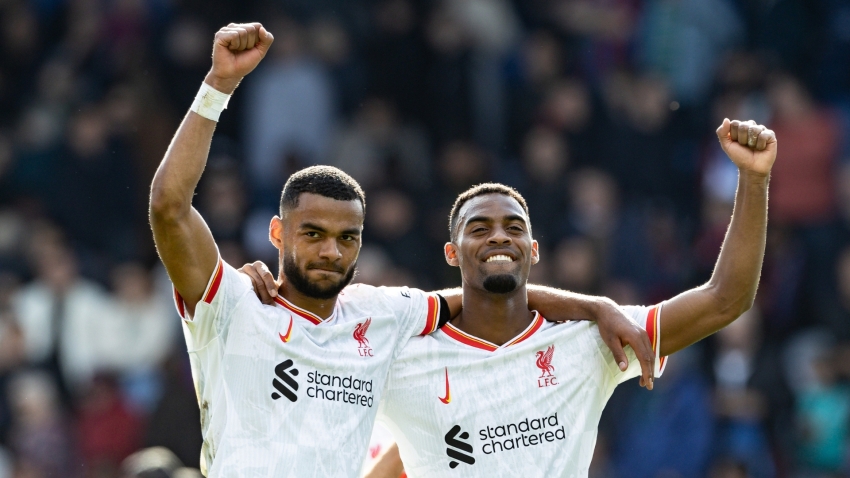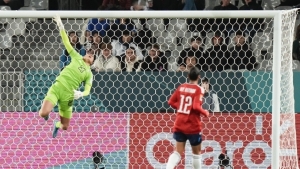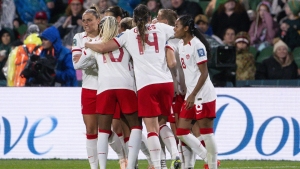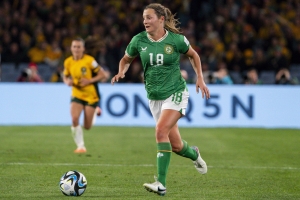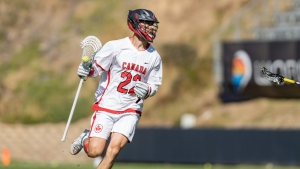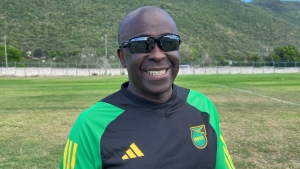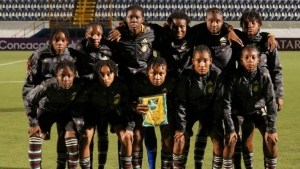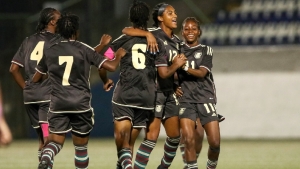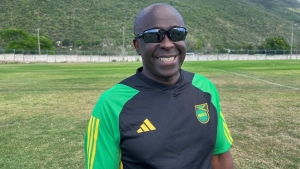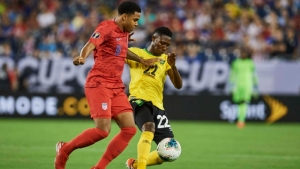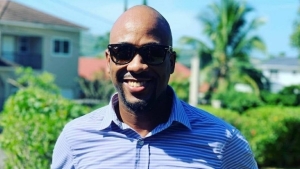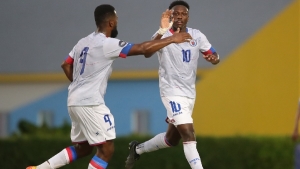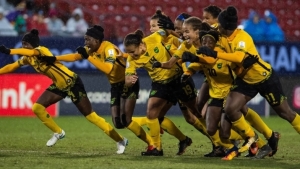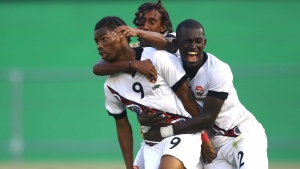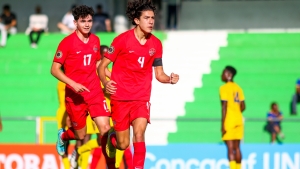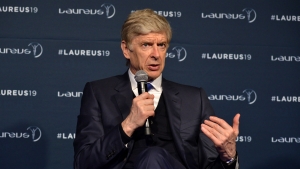Jamaica's U-20 Reggae Girlz Head Coach, Hugh Bradford, is gearing up for what he believes will be one of the most challenging and demanding Concacaf Women's Under-20 Championships in the country's history. However, Bradford remains confident in the depth of his 20-player squad, which he expects to showcase their competitiveness and secure a historic spot at the FIFA Women's Under-20 World Cup next year.
In the first phase of qualifiers, the young Reggae Girlz displayed their prowess by defeating Anguilla 6-0, Bermuda 2-0, and Honduras by a similar scoreline, securing the top spot in their group. However, their upcoming matches in Group A will prove to be tougher, as they face the defending seven-time champions, the United States, along with another powerhouse, Canada, and Panama.
Their campaign kicks off against Canada on Wednesday at 3:00 pm, followed by a clash with the United States two days later at 5:00 pm, and concluding with a match against Panama on Sunday at 2:00 pm. Meanwhile, Group B will witness Mexico, Costa Rica, Puerto Rico, and the host nation Dominican Republic battling it out.
To strengthen the team's chances, Bradford made eight changes to the squad that excelled in the first phase of qualifying. These alterations indicate his determination to secure one of the three World Cup spots up for grabs.
"Our expectation is to qualify, but we are aware of the challenges that lie ahead due to the tough draw. Therefore, we are taking it one game at a time and aiming to perform at our best in each match," stated Bradford. He emphasized the importance of depth at this stage, noting that the young ladies, especially those who were part of the previous tournament in Nicaragua, have demonstrated their determination to fight for World Cup qualification.
Among the new additions to the squad are defender Amelia Van Zanten, sister of senior Reggae Girlz winger Kalyssa "Kiki" Van Zanten, and West Bromwich Albion's Una Moy Lue. Additionally, players such as Canada-born Taijah Fraser, as well as American-born athletes Kaitlyn Ennis, Anaiyah Robinson, Njeri Butts, and Njeri Lewis, have caught Bradford's attention.
Despite facing challenges in achieving team cohesion due to unavailability for a planned camp before departure, Bradford remains optimistic about his team's ability to overcome the stiff competition. He explained that while it's beneficial for players to get touches on the ball, the local league doesn't fully prepare them for the tournament's intensity. Consequently, Bradford incorporated new players into the squad to bring a fresh dynamic to their gameplay. He believes that with the right application, the team will compete strongly in the tournament, which promises to be both demanding and exciting.
Following the round-robin stage, the two best teams from each group will advance to the knockout stage. The finalists and the third-placed team will secure qualification for next year's World Cup.
Jamaica's highest placement in the Concacaf Women's Championship, during its 12 appearances, was a fourth-place finish in 2006. Jody Brown, a diminutive forward, holds the record for the country's all-time leading scorer in the tournament, with nine goals.
Squad: Andrene Smith, Shaneil Buckley, Una Moy Lue, Davia Richards, Liha Williams, Taijah Fraser, Tiny Seaton, Kaitlyn Ennis, Natoya Atkinson, Destiny Powell, Akeila Johnson, Janiel Mignott, Amelia Zanten, Liya Brooks, Avery Johnson, Maya Raghunandanan,










